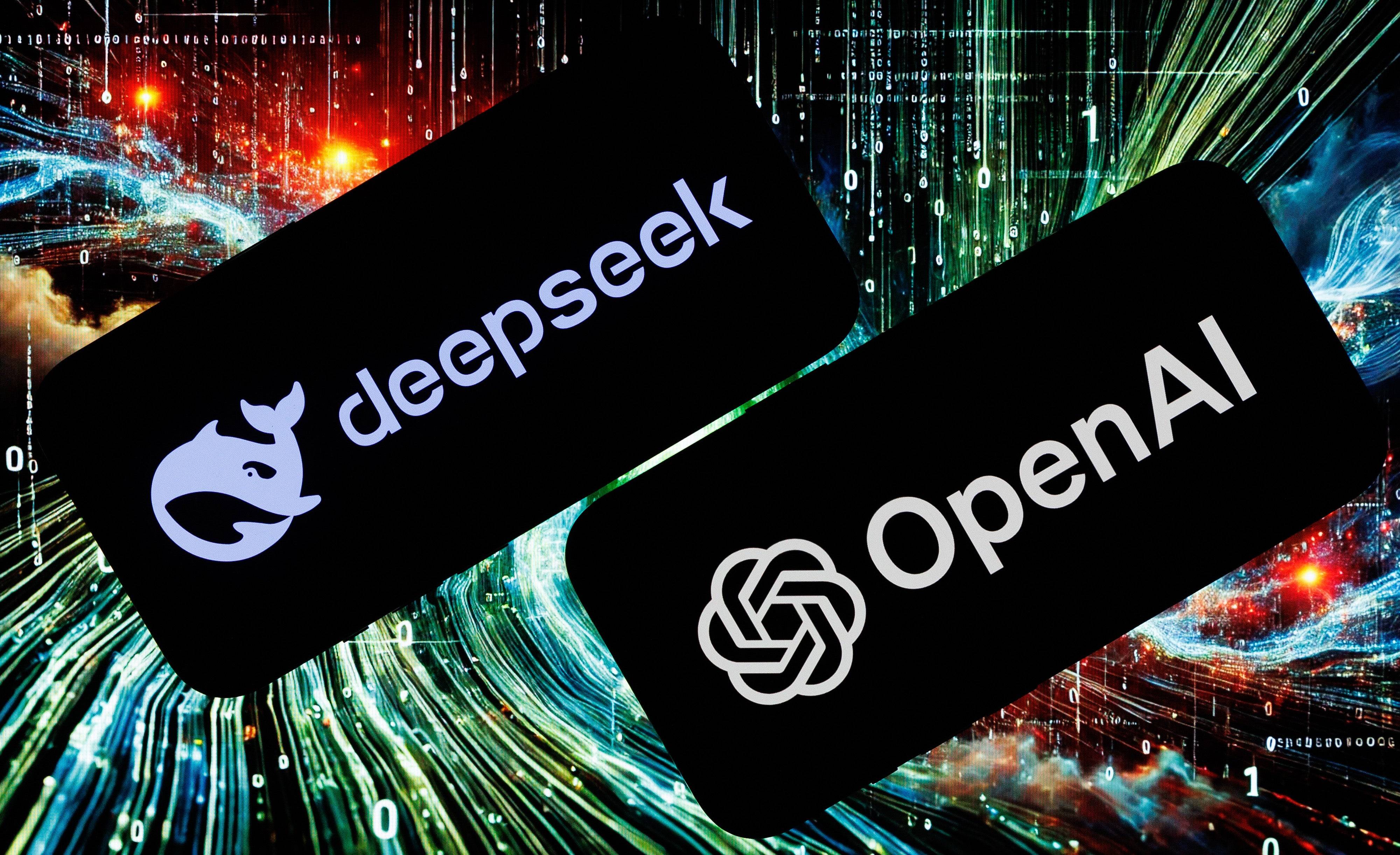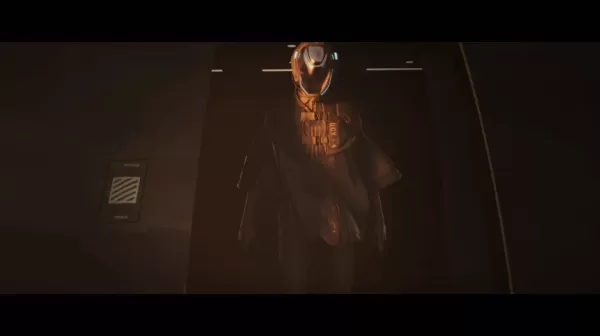by Aaron Feb 21,2025
OpenAI suspects that DeepSeek, a Chinese AI model significantly cheaper than Western counterparts, may have been trained using OpenAI's data. This revelation, coupled with DeepSeek's rapid rise in popularity, triggered a significant market downturn for major AI companies. Nvidia, a key player in GPU technology crucial for AI, experienced its largest-ever single-day stock loss, shedding nearly $600 billion in market value. Microsoft, Meta, Alphabet, and Dell also suffered substantial losses.
DeepSeek's R1 model, built on the open-source DeepSeek-V3, boasts significantly lower training costs (estimated at $6 million) compared to Western models. While this claim is disputed, it highlights the concerns surrounding the massive investments being made by American tech companies in AI. DeepSeek's success has fueled investor anxieties.
OpenAI and Microsoft are investigating whether DeepSeek violated OpenAI's terms of service by employing "distillation," a technique that extracts data from larger models. OpenAI confirmed that Chinese companies frequently attempt to replicate leading US AI models, emphasizing its commitment to protecting its intellectual property (IP) and collaborating with the US government to safeguard its technology.
David Sacks, President Trump's AI advisor, supports the claim that DeepSeek used distillation, predicting increased efforts by leading AI companies to prevent such practices.
The situation is ironic, given OpenAI's own history. Critics highlight OpenAI's reliance on vast amounts of internet data, including copyrighted material, in the creation of ChatGPT. OpenAI previously argued that training AI models without copyrighted material is impossible, a stance that contrasts sharply with its current accusations against DeepSeek. This hypocrisy has been widely noted on social media.
This controversy underscores the ongoing legal battles surrounding the use of copyrighted material in AI training. The New York Times and 17 authors have already filed lawsuits against OpenAI and Microsoft, alleging unlawful use of their work. While OpenAI defends its practices as "fair use," these lawsuits, along with a previous ruling that AI-generated art cannot be copyrighted, highlight the complex and evolving legal landscape surrounding AI development and copyright.

Forsaken Characters Ranked: Tier List Update 2025
How to Use Cheats in Balatro (Debug Menu Guide)
State of Play Reveals Exciting Updates: PlayStation February 2025 Showcase
Infinity Nikki – All Working Redeem Codes January 2025
Roblox: Obtain Secret Codes for January 2025 (Updated)
Pokémon GO Raids in January 2025
Wuthering Waves: Redeem Codes for January 2025 Released!
LEGO Ninjago Sets Top the Charts (2025)

2024 Perfect Dark Demo Mostly Real, Dev Confirms
Dec 27,2025

Pixel Runners: Time Shift Now on Android
Dec 27,2025
Nintendo Switch 2 Secondhand Buyers Warned of Anti-Piracy Bricks
Dec 27,2025

Madoka Magica Magia Exedra adds 5-star Kioku Holy Mami
Dec 26,2025

A Plus Japan, Crunchyroll Unveil Mirren: Star Legends (Note: "on Android" was removed to keep within 50 characters while maintaining key info.)
Dec 26,2025